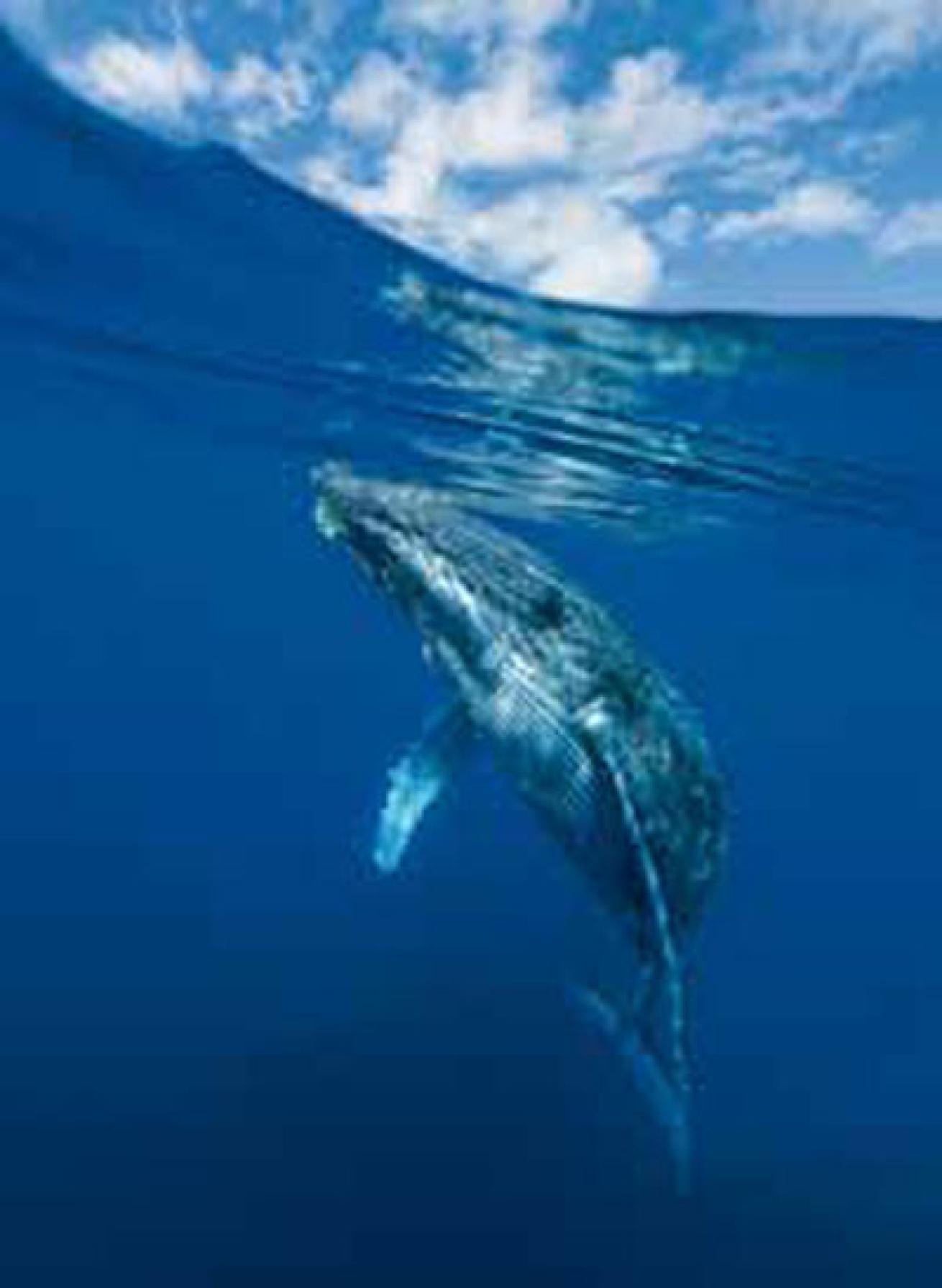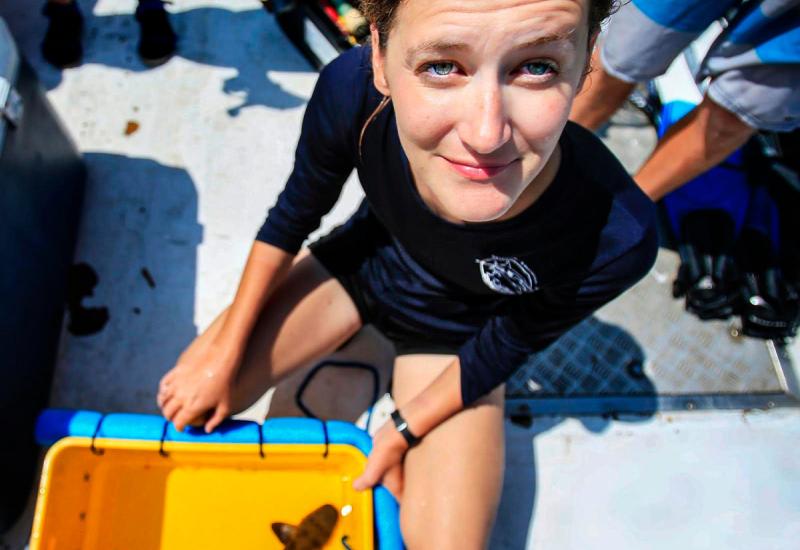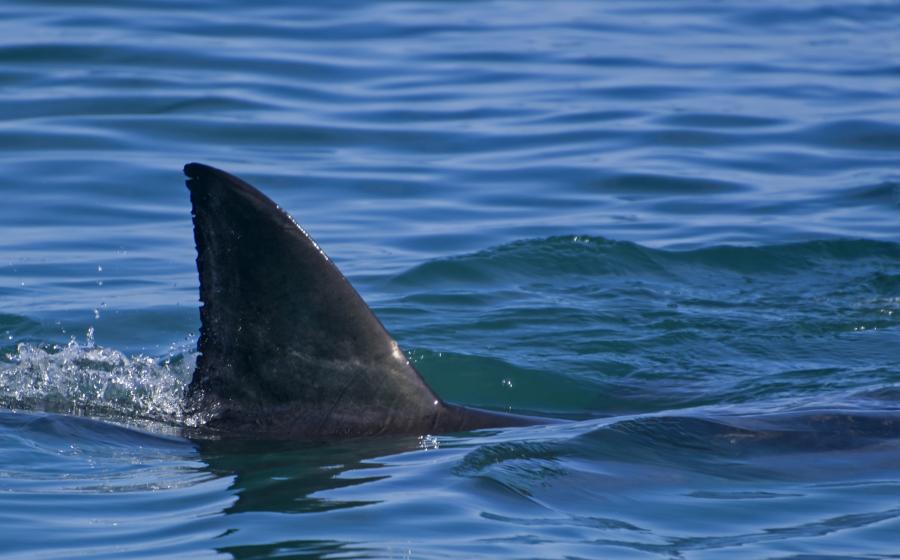Great News for Whales!

David Olsen
A recent genetic study of humpback whales could alter the way conservationists work to recover this endangered species.
Researchers at Oregon State University and the British Antarctic Survey concluded that despite the whales’ epic migrations of almost 10,000 miles, populations in the North Pacific, North Atlantic and Southern Hemisphere are so genetically distinct that they should be classified as separate subspecies.
Although the Endangered Species Act protects the whales in the U.S., the IUCN recently downlisted humpbacks on a global level, with the exception of two populations in the Arabian Sea and Oceania, which were relisted as endangered. According to Scott Baker, associate director of OSU’s Marine Mammal Institute, it is likely that at least one of the newly discovered subspecies will also be reclassified as endangered on the IUCN’s list, changing the way scientists approach the preservation of these beloved cetaceans.
“This has implications for how we think about conservation of humpback whales,” said Baker. “We now propose that oceanic populations should be recognized as subspecies. Within ocean basins, we would also recognize a number of ‘Distinct Population Segments’ — each of which has a different history of exploitation and recovery.”










